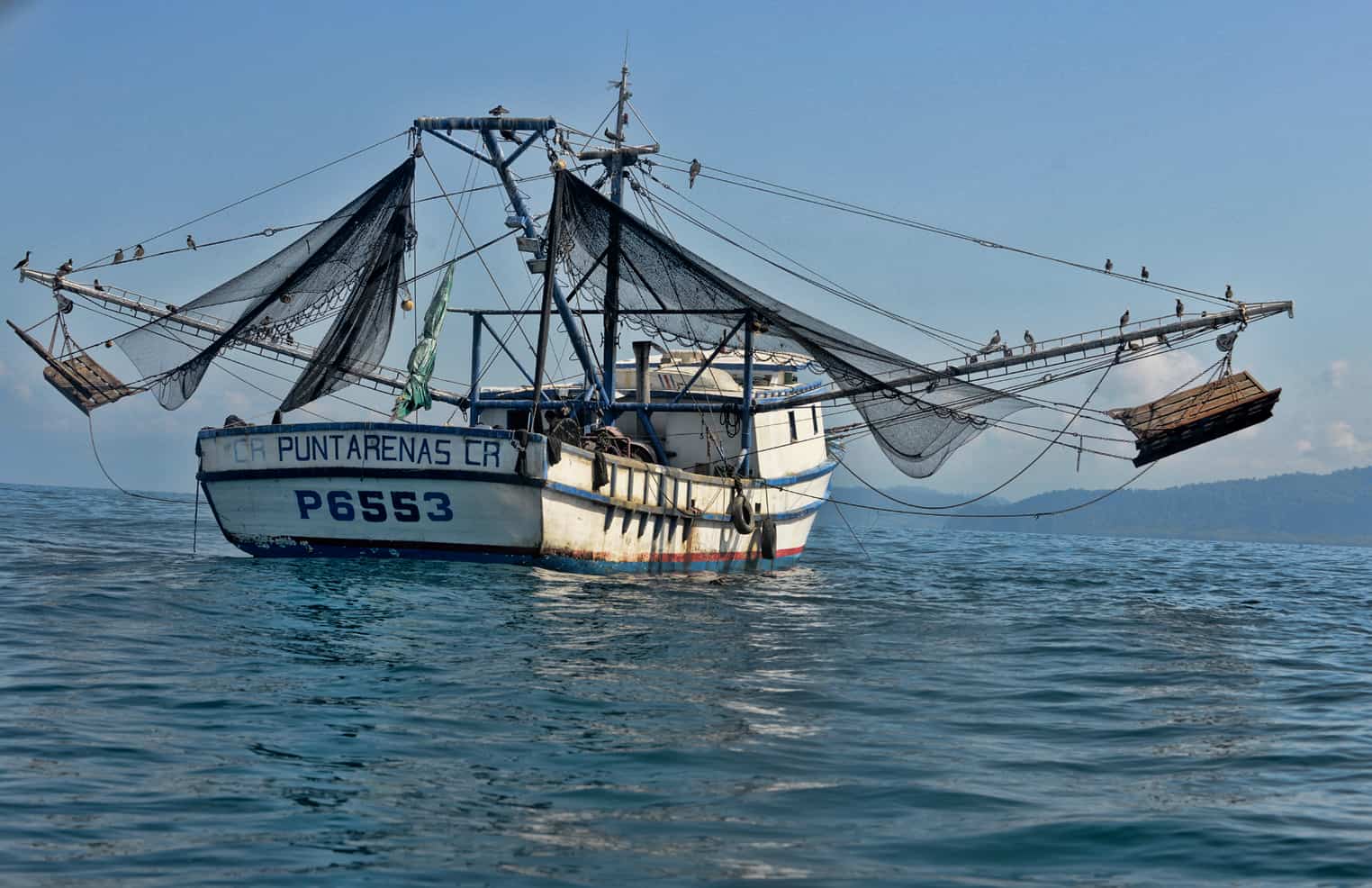The Costa Rican government announced that it would conduct studies to authorize a new deep-sea shrimp fishing technique known as AA.
The Ministry of Environment and Energy (MINAE) confirmed these investigations would occur between 2023 and 2024 on the Pacific coast and would be done by the Costa Rican Institute of Fisheries and Aquaculture (INCOPESCA) and the Ministry itself.
“On this issue of shrimp fishing and the analysis of new methods, we are working with INCOPESCA and will make sure that science is our guide. The data is valuable for a country like Costa Rica that cares for the oceans and the environment and believes in sustainable progress,” said Franz Tattenbach, Minister of Environment.
Following the government’s announcement, the MarViva Foundation questioned the procedure. The environmental organization claims that the project vetoed by the previous administration had already explored the technique “AA Costa Rica.”
MarViva, also mentioned it would resort to various legal mechanisms to prevent Costa Rica from reinstating shrimp trawling. Representatives believe that the government is carrying out an investigation that would generate unreliable data.
They pointed out that there is a series of flaws in the methodology and that there isn’t enough valuable information to support the study.
“We’re spending time, millions of colones, and taxpayers’ money to deceive people, saying that there are already reliable studies demonstrating this fishing technique’s sustainability. It’s a circus,” said Jorge Jimenez, General Manager at MarViva.
Furthermore, Ingo Wehrtmann, a scientist at the University of Costa Rica, and Mauricio Ibarra, a researcher in fisheries science, who is an inspector of fishery resources in Chile, questioned the methodology, age of the target species, experimental design, duration of sets, number of vessels, risk and statistical analysis carried out.
“It is obvious that the present Incopesca proposal intends to use outdated statistical analyses that do not correspond to the current standard used in fisheries science. It would be necessary to re-describe this part and include current methods,” they stated in a note.
Andres Beita, a marine biologist at the Memorial University of Newfoundland, asked the government to postpone the analysis. “I would like to ask you to postpone the execution of this study until the main points have been corrected,” said Beita.






